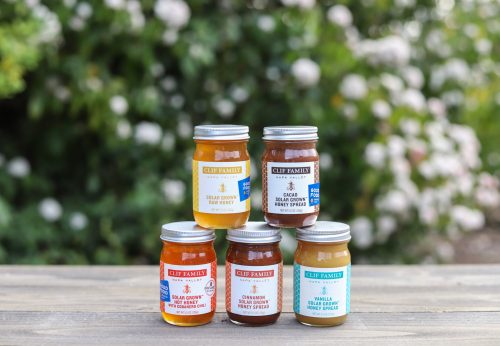By Linzi Gay
Did you know that June is National Pollinator Month? It’s the perfect time to recognize and appreciate the incredible role that pollinators play in our environment. From bees and butterflies to birds and bats, these unsung heroes tirelessly transfer pollen, enabling the growth of countless plants, including our essential food crops.
Did you know that 1 in every 3 bites of food we consume relies on pollinators? Yes, you read that right! Without them, we would miss out on many of the fruits and vegetables that make our meals so delicious and nutritious. Without pollinators, our world would be drastically different. Imagine a world with fewer fruits, vegetables, and nuts. Imagine a world without colorful wildflowers gracing our landscapes. The absence of pollinators would disrupt food chains, reduce biodiversity, and harm overall ecosystem health.
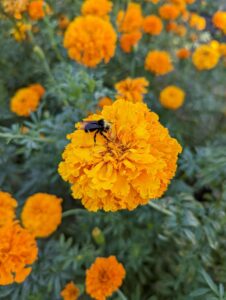
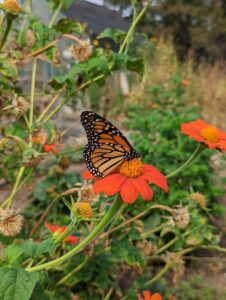
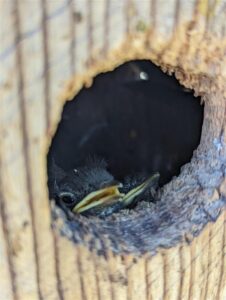
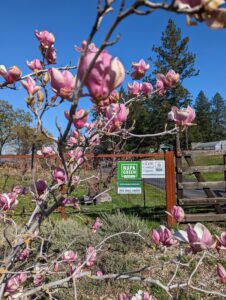
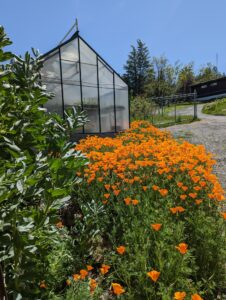
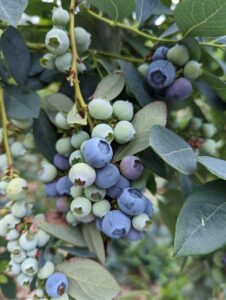
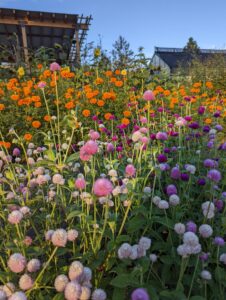
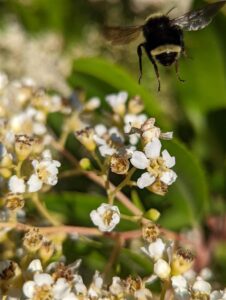
It’s not just about the crops we rely on for sustenance; pollinators are also essential for the survival of many animal species. From birds that depend on nectar-bearing flowers to bees that produce honey, these interconnected relationships shape our natural habitats. Without pollinators, the intricate web of life would be at risk.
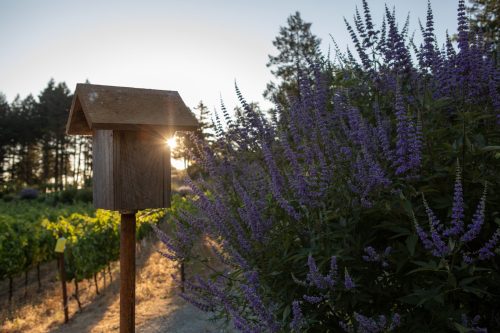
So, what can we do to support and protect our pollinators?
- Plant pollinator-friendly gardens: Choose native plants that provide nectar and pollen. Create a haven for bees and butterflies by incorporating a variety of flowers in your yard or community spaces.
- Avoid pesticides: Pesticides harm pollinators and other beneficial insects. Opt for organic and natural alternatives to protect both your garden and these vital creatures.
- Provide shelter: Consider installing bee houses, birdhouses, or bat boxes to provide safe habitats for pollinators.
- Spread awareness: Share the importance of pollinators with others. Educate your friends, family, and community about their role in sustaining our environment.
What does Clif Family do to support pollinators?
Clif Family Winery has taken several initiatives to support pollinators. In addition to planting pollinator-friendly habitats at our Napa Valley farm, vineyards and offices, we have also become advocates for the Solar Grown™ movement. As solar energy development has rapidly bloomed over the past decade in the United States, so has an opportunity to develop flowering landscapes that provide nesting habitat and diverse food sources for bees, monarchs, and other pollinators. The land under and around ground-mounted solar panels makes the perfect landscape for nectar and pollen-producing plants to thrive. In 2020, we launched a Solar Grown™ Honey Line, which is produced from hives on or adjacent to solar farms that use pollinator-friendly plants under the arrays to control stormwater, improve soil health, and provide additional benefits to the panels themselves.
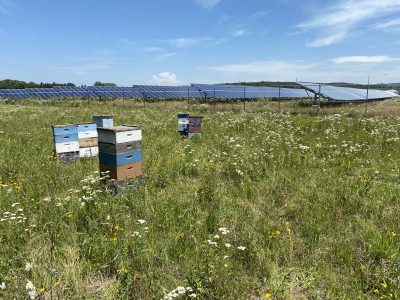
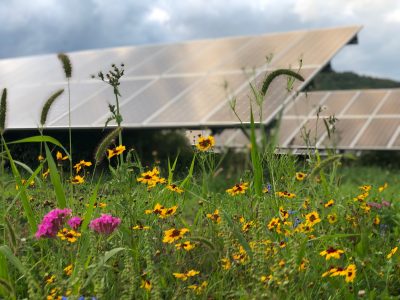
How does Solar Grown™ Honey support and protect our pollinators?
Diving into the world of pollinators and solar arrays is like mixing peanut butter and jelly—deliciously beneficial! When we plant pollinator-friendly habitats in solar arrays, we give these amazing creatures a real boost. Native plants provide a smorgasbord of nectar and pollen, giving pollinators the sustenance they need to thrive and reproduce. Plus, the habitats we create in solar arrays become sought-after real estate, offering cozy shelter and cozy nesting spots for different pollinator species.
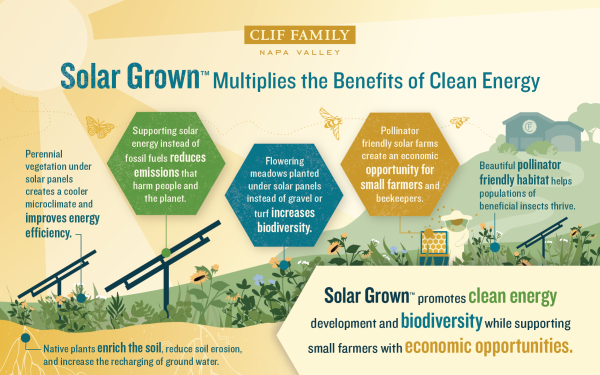
By integrating pollinator-friendly habitats, we’re not only supporting clean energy development and improving solar panel efficiency, but we’re also encouraging biodiversity, enriching the soil, and giving a helping hand to small farmers with new economic opportunities. It’s a win-win situation that is good for the planet and your palate!
Clif Family makes 5 flavors of Solar Grown™ Honey
Shop them all and view our blog for recipe suggestions.


